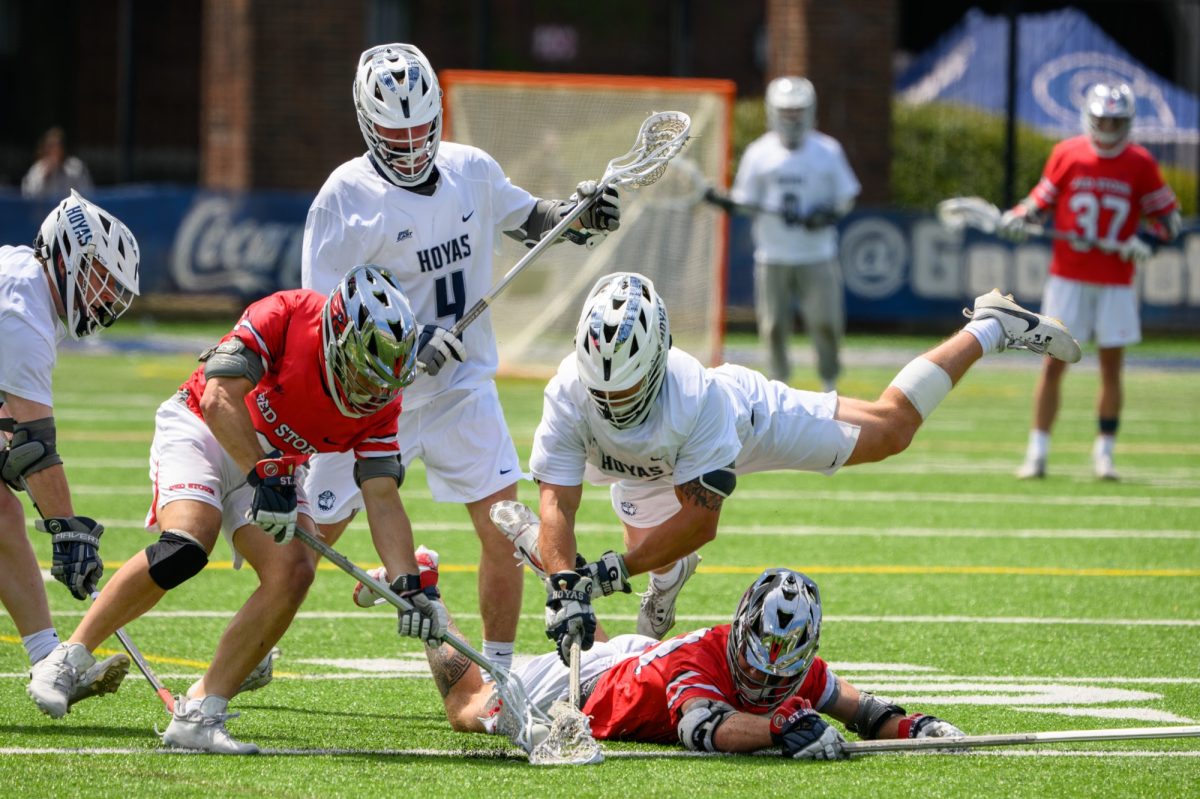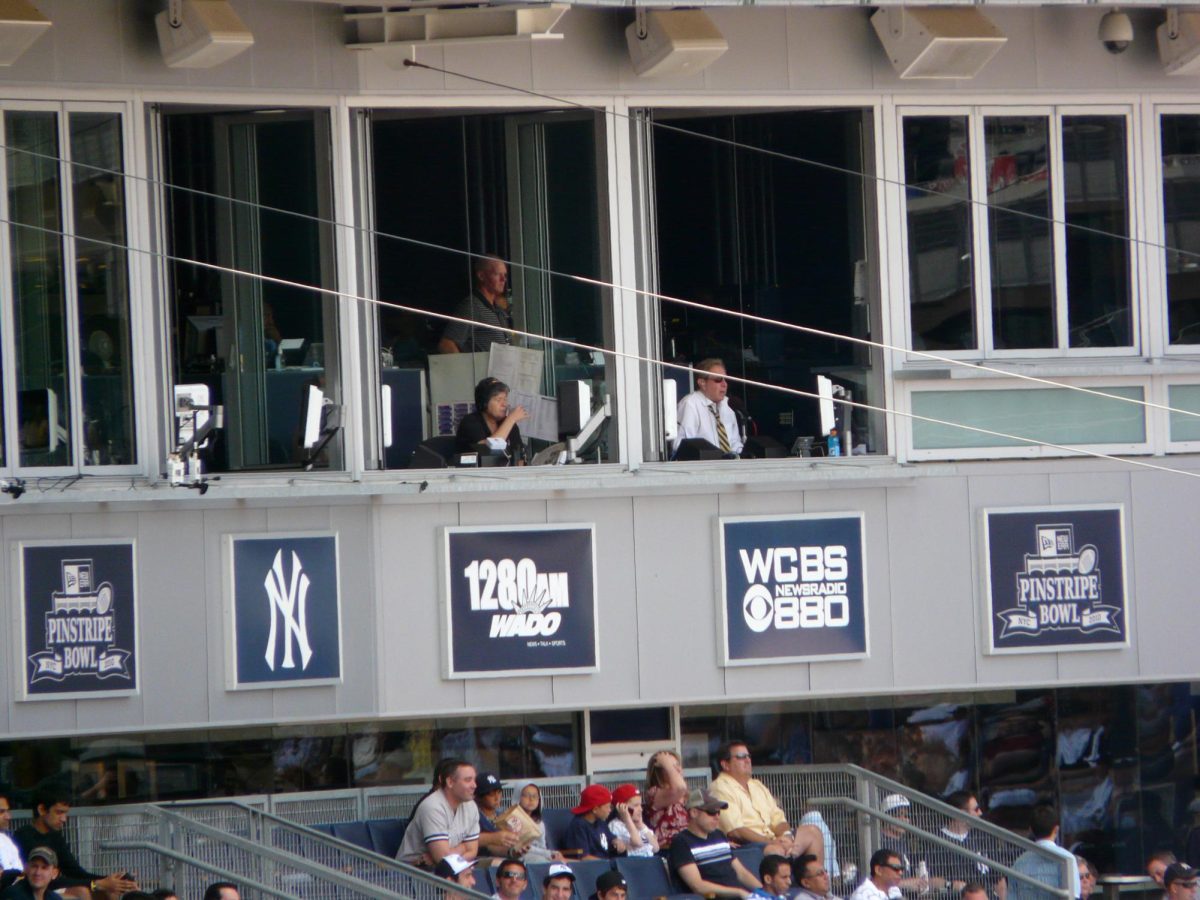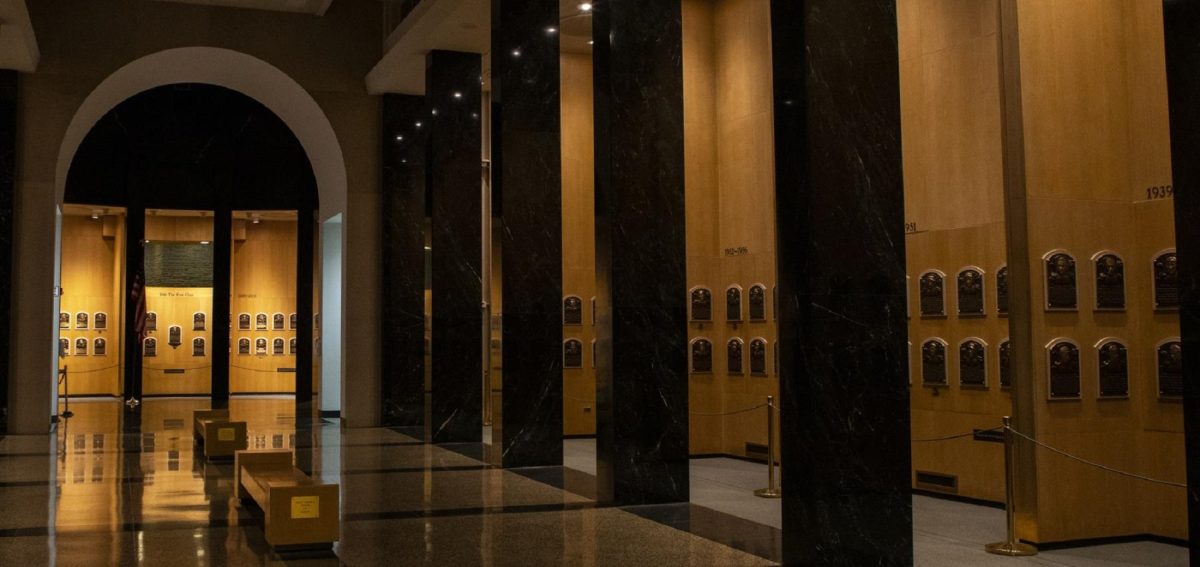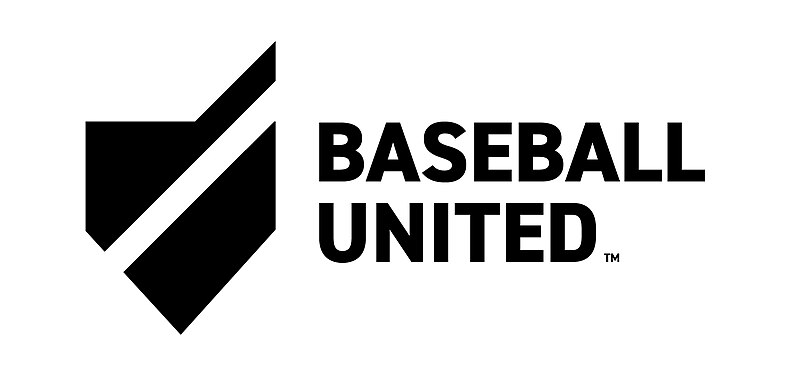It is fair to say that American sports fans are used to scandals and, at times, incompetency within the major sports leagues. From baseball’s handling of the steroid narrative to football’s objectively poor handling of labor, concussion and domestic violence issues, we have become accustomed to and nearly desensitized by institutional failure. Then, there is FIFA: the international governing body of soccer, with its president, Sepp Blatter, the Boss Tweed to FIFA’s Tammany Hall.
FIFA has recently come under fire regarding the 2018 and 2022 World Cups, which it awarded to Russia and Qatar, respectively, back in 2010. Both nations have since been accused of rigging the voting process by bribing members of the FIFA Executive Committee, the group that determines future World Cup sites, though accusations have focused primarily on Qatar mainly because there was so little information provided by Russia.
Rented computers are supposedly to blame for Russia’s lack of information; Russia claims it rented out hard drives and servers for its bid process and when the hardware was returned to its owner, all of the information on the hard drives was destroyed and no longer exists. Subsequently, FIFA cleared Russia of any wrongdoing in a report released Nov. 12; noting that “the evidence available [was] not sufficient to support any findings of misconduct.”
The combination of coincidences that exonerate Russia should not be surprising for a nation that has violated the sovereignty of its neighbors and was billions of dollars over budget for the Winter Olympics, largely because of domestic corruption. Global sporting events such as the Olympics and World Cup were once used to bring the world together in spite of political differences, but now these events are legitimizing Russia’s actions and rewarding it for sparking geopolitical unrest.
Qatar is not as fortunate as Russia is when it comes to the quantity of its traceable evidence. Although the Qatar World Cup Organization, the group responsible for the nation’s bid, denies violating any rules, insider emails to FIFA executives allude to foul play. In May 2011, a leaked email from FIFA Secretary-General Jérôme Valcke hinted that Qatar bought the rights to host the World Cup. The English newspaper The Sunday Times has been the lead media investigator into Qatari corruption claims and reports that Qatar paid out $5 million to voting officials in return for their support.
The traditional reasons for objecting to Qatar’s World Cup are already damning. The first and foremost issue is the practicality of playing soccer in an environment where summer temperatures average 105 degrees and can regularly hit 122 degrees. To cope with this issue, Qatar proposed artificial cloud cover and air-conditioned stadiums but since 2011, architects have doubted the feasibility and practicality of running massive air conditioners. Under the alternative scenario, using traditional fans, the temperature on the playing field could still be as high as 87 or 88 degrees. Heat at that level puts players at risk for excessive cramps and other injuries.
A second qualm is the moral opposition to letting Qatar play host. There have already been over 1,200 World Cup-related migrant worker deaths in Qatar since 2010 and Qatar is notorious for seizing workers’ passports upon their arrival into the country. Human Rights Watch and Amnesty International both agree that an updated workers’ rights plan does not go far enough and, like most past policies, lacks sufficient enforcement from the Qatari government.
The investigation centers around Mohamed bin Hammam, a Qatari citizen who received a lifetime ban from FIFA back in 2011 after he attempted to buy votes for himself in the FIFA presidency election. Qatar’s denial, combined with FIFA’s report repudiating the 2022 host nation’s claims, makes for a trying situation.
Qatar denies both that its bid team attempted to bribe anyone and that bin Hammam was associated with the bidding group. However, there are also bank documents that show direct payments between bin Hammam and African football officials. Although many of the officials who received compensation do not have a vote, the belief is that bin Hammam’s bribes served to create unity among lower levels of African football members so they would pressure the voting members to support Qatar’s bid. One potential reason for targeting African voters is the availability of their votes; in essence, their votes could have functioned as swing votes because there were already establish groups supporting the Qataris and the Americans.
Qatar is simply denying its guilt, not the guilt of others acting on its behalf. FIFA openly acknowledges that the actions of bin Hammam were consciously intended to convince voting officials to grant Qatar the World Cup, and “his actions … influenced the voting process by eliminating votes for Australia (a direct Qatar 2022 competitor) and England.”
FIFA’s lack of transparency is alarming. It refuses to publish the full 450-page report created by FIFA investigator and American attorney Michael Garcia and has not responded to Garcia’s claims that their summary misconstrues his findings.
Besides this legal scandal, there are other practical and ethical reasons as to why Qatar should not be given the privilege to host the World Cup.
Soccer is the world’s game and arguably its most beautiful, but the problems that transpire off the pitch continually detract from the glories that happen on it. The Middle East does deserve a fair chance at hosting the world’s most prestigious tournament, but it is also clear that some nations are willing to pay any monetary or human price to make that happen, and the world needs to respond. It’s high time to give Qatar a red card.
Mike Ippolito is a sophomore in the College. The Water Cooler appears every Tuesday.




















